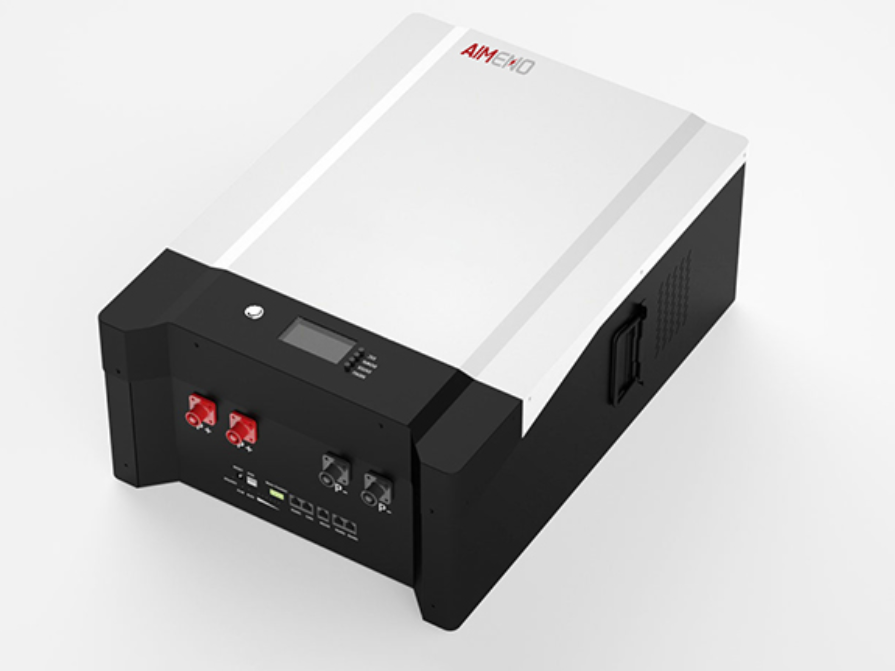Alkaline and lithium batteries are both types of primary batteries, which
means they are not rechargeable and need to be replaced after they have been
used up. However, there are several key differences between the two types of
batteries.

One of the main differences between alkaline and lithium batteries is the
type of chemistry used in each. Alkaline batteries use an alkaline electrolyte,
typically potassium hydroxide, while lithium batteries use a lithium-based
electrolyte. The type of chemistry used in a battery affects its voltage, energy
density, and shelf life.
Alkaline batteries typically have a voltage of 1.5V and an energy density of
around 5-10 Wh/kg. They have a relatively low cost and are widely available.
However, their shelf life is relatively short, typically only a few years, and
they may have a significant voltage drop at low temperatures.
Lithium batteries, on the other hand, typically have a voltage of 3V and an
energy density of around 150-200 Wh/kg, which is significantly higher than
alkaline batteries. They also have a much longer shelf life, typically around
10-15 years, and they maintain their voltage at low temperatures. The main
disadvantage of lithium batteries is their higher cost.
Another difference between alkaline and lithium batteries is their size and
weight. Lithium batteries are generally smaller and lighter than alkaline
batteries of the same capacity. This makes them a good choice for portable
devices or applications where weight and space are a concern.
Alkaline and lithium batteries are both primary batteries, but they have
different characteristics. Alkaline batteries are widely available, inexpensive
and have a short shelf life, while lithium batteries have a higher energy
density, longer shelf life, and maintain their voltage at low temperatures but
are more expensive. The choice between alkaline and lithium batteries will
depend on the specific requirements of the application.
Frequently Asked Questions
Q: Can I recharge alkaline batteries?
A: No, alkaline batteries are primary batteries, which means they are not
rechargeable and need to be replaced after they have been used up.
Q: Can I use lithium batteries in a device designed for alkaline
batteries?
A: It depends on the device. Some devices may be able to use both types of
batteries, but others may not be designed to handle the higher voltage of
lithium batteries. It is always best to check the device's manual or
specifications to see what type of batteries it is designed to use.
Q: How long do alkaline batteries last?
A: The shelf life of alkaline batteries is typically around 2-5 years. The
actual lifespan of an alkaline battery depends on the specific application, but
they generally last from several months to a few years.
Q: How long do lithium batteries last?
A: The shelf life of lithium batteries is typically around 10-15 years. The
actual lifespan of a lithium battery also depends on the specific application,
but they generally last longer than alkaline batteries.
Q: Are lithium batteries safe?
A: Lithium batteries are generally considered safe, but they can be dangerous
if they are damaged, overcharged, or overheated. It is important to follow the
manufacturer's instructions for charging and using lithium batteries to ensure
their safe usage.
Q: Can I dispose of alkaline and lithium batteries in the regular trash?
A: No, alkaline and lithium batteries should not be disposed of in regular
trash, as they can cause environmental pollution. Instead, they should be taken
to a recycling center or a collection point for proper disposal.
